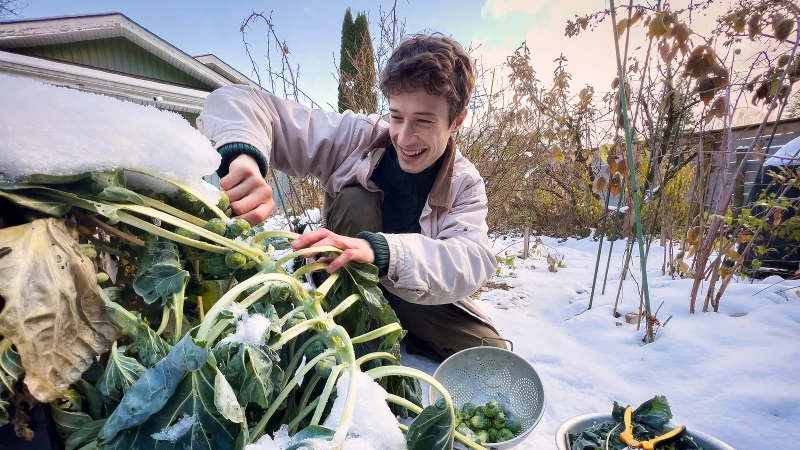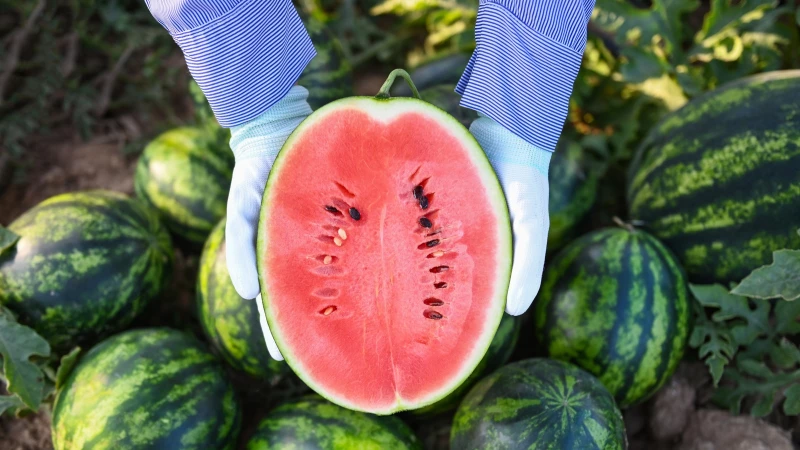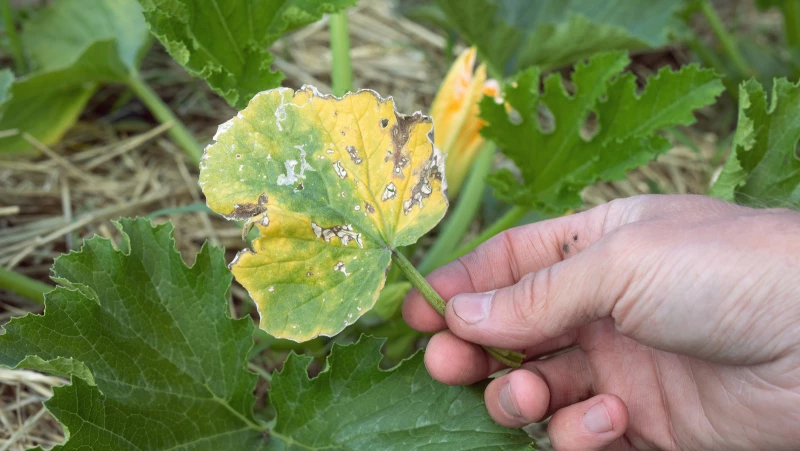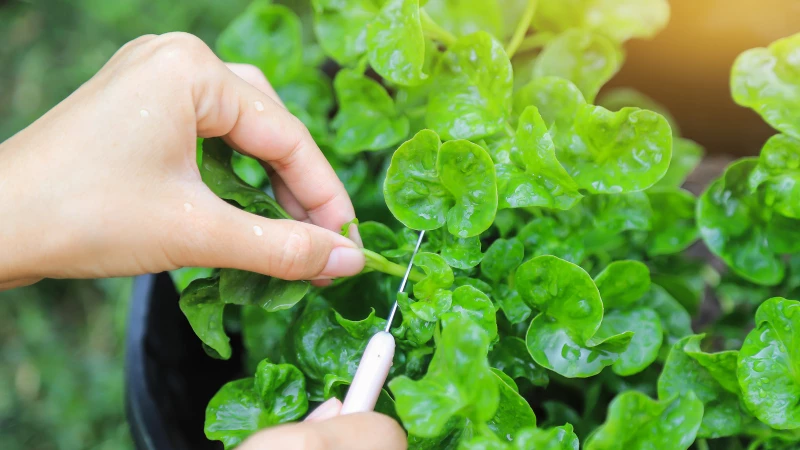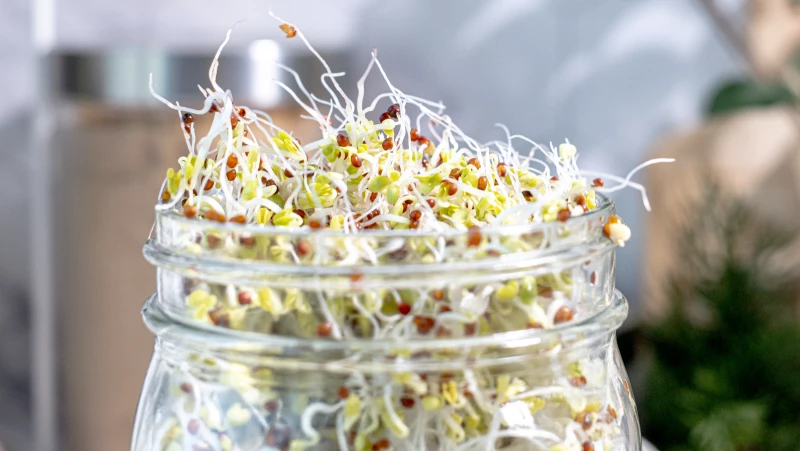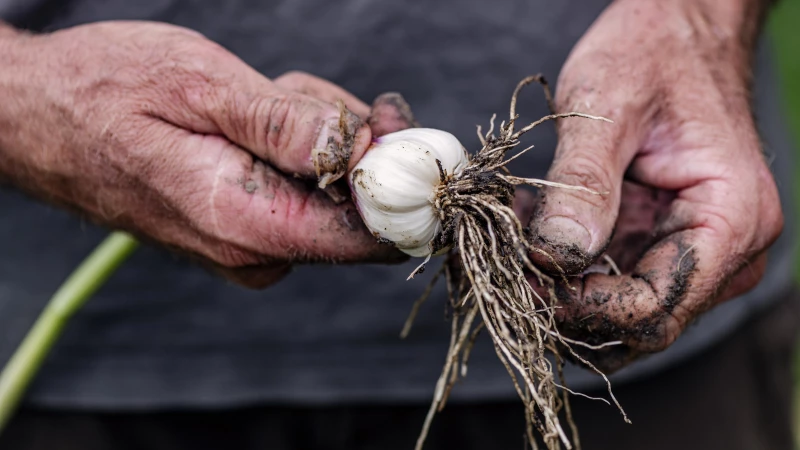Winter is a season that may seem dormant for gardening, but it actually brings out a surprising sweetness in vegetables. Gardeners have noticed that their produce tastes sweeter during the colder months, and this is not just a coincidence. There are scientific and environmental factors at play that contribute to this phenomenon. By understanding these factors, we can have a greater appreciation for winter gardening and even cultivate sweeter produce throughout the year.
One of the main reasons for winter sweetness is a plant's natural response to cold temperatures. Certain vegetables, including root crops like carrots, leafy greens, and cole crops such as kale, undergo a process called cold sweetening. This process occurs when plants convert their stored starches into sugars when the temperature drops below 41 degrees Fahrenheit. The increased sugar acts as a natural antifreeze, lowering the freezing point of water inside the plant tissues and helping them survive frost. This survival mechanism also happens to make the vegetables taste sweeter when we consume them.
Cold sweetening: growth, pests, and soil
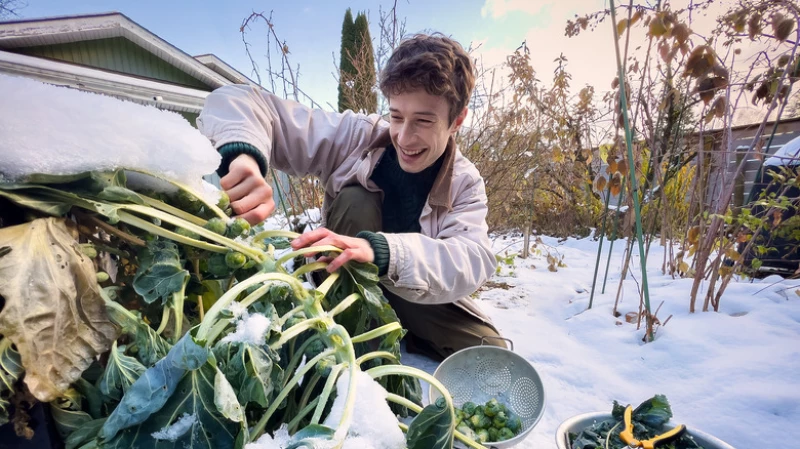
Winter's shorter days and cooler temperatures slow down the growth rate of plants. This slower growth rate has a direct impact on flavor. For certain types of vegetables, it's like a magic spell — making them perfectly in season, with peak flavor to boot. With extended time to mature, the vegetables develop more complex carbohydrates and sugars, resulting in a richer, more nuanced taste. This is in stark contrast to the rapid growth seen in the summer, where the focus is more on size and quantity rather than the development of complex flavors.
Winter also brings a reduction in pests and diseases that typically afflict garden vegetables. The cooler temperatures and frost can kill or drive away many of the insects and pathogens that harm plants in warmer months. These reduced stress levels allow the plants, especially turnips and winter cabbage, to focus their energy on developing more robust and flavorful vegetables rather than diverting resources to fend off pests and diseases.
How to cold-sweeten your garden
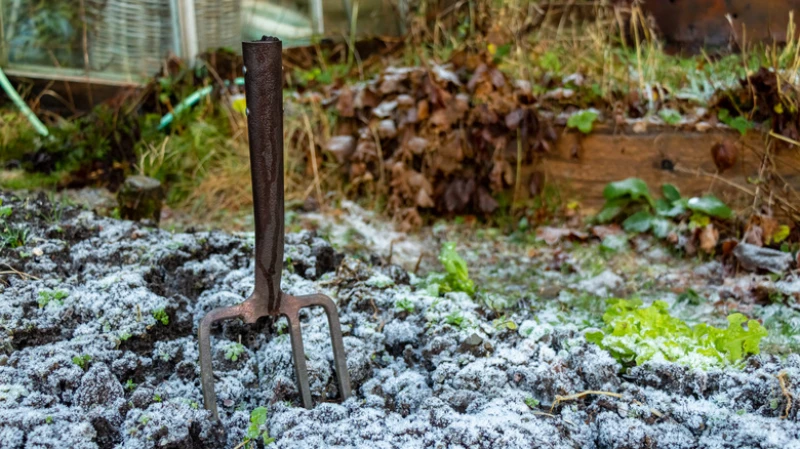
There's also a psychological aspect to why winter vegetables taste sweeter. After a season of heavier, richer foods and less fresh produce, the crisp, sweet taste of a freshly harvested winter vegetable, like a broccoli or a carrot, can be delightful. Gardeners have the advantage of picking seasonal vegetables at the peak of ripeness – something that isn't always possible with store-bought produce. This is particularly beneficial in winter, when the cold air can act as a natural refrigerator, preserving the freshness of the vegetables until they are ready to be enjoyed.
To sweeten up your wintertime crop, begin by selecting cold-tolerant veggies such as Brussels sprouts, rutabagas, leeks, and other root, leafy green, or cole crops. Planting these in late summer or early fall ensures they mature around the first light frosts. Gradually exposing plants to cooler temperatures is essential for the cold-sweetening conversion. Mulching is vital throughout this process, as it insulates the soil, extends the growing season, and aids in sugar accumulation. Using cold frames or hoop houses can protect plants while exposing them to necessary cool conditions.
When it comes to harvesting your cold-sweetened veggies, timing is everything. It is crucial to wait until after light frosts but before harsh freezing to ensure the best taste. By following this practice, gardeners can greatly enhance the flavor of their winter vegetables, resulting in a rewarding and delicious harvest. This fascinating process is a combination of biological processes, environmental factors, and gardening techniques that work together to make your winter harvest even sweeter.

